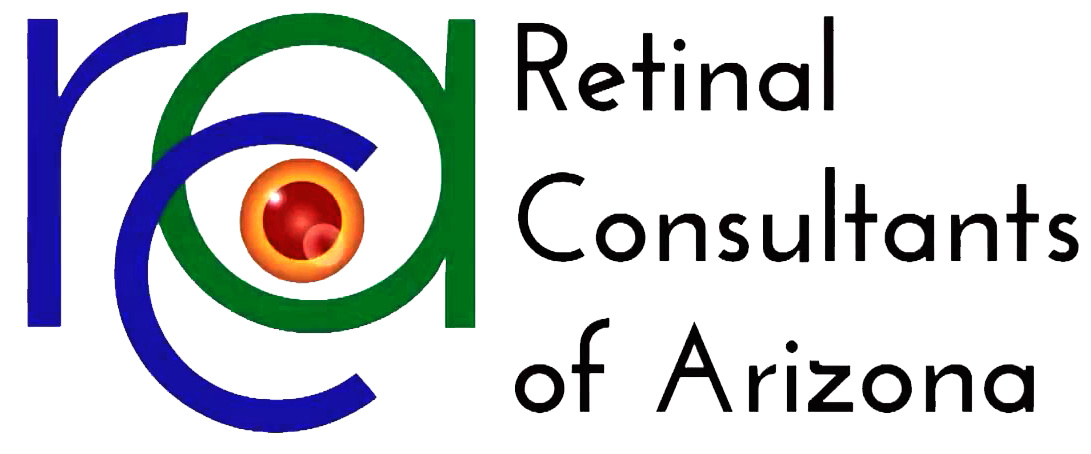AZ Family Phoenix: RCA Patient Receives CentraSight Telescope Implant
Retinal Consultants of Arizona Patient is First in Phoenix to Receive CentraSight Telescope Implant for End-Stage Macular Degeneration.
When Richard Clarida headed in for his latest eye appointment, his doctors were as happy to see him as he was to see them.
That’s because at this appointment, Clarida could actually see them, something he hasn’t been able to do for many years.
“Looking straight at someone, you really don’t know who they are,” Clarida said. “It’s just, you have these blind spots.” Clarida has macular degeneration.
Dr. Derek Kunimoto, with Retinal Consultants of Arizona, said the disease steals vision from the central part of the eye., while peripheral vision remains, leaving patients with a blind spot in the center of their vision field. Until now, there was no way to restore that lost sight. “Patients would have to go along with their lives the best they possibly can,” Kunimoto said.
For Clarida, that just changed, thanks to a tiny telescope from CentraSight, which Dr. Michael Depenbusch with Arizona Eye Center implanted in his right eye.
“The operation is a cataract operation, but instead of a typical implant we use a telescopic implant,” Depenbusch said. The telescope, which can fit on the tip of your finger, enlarges the image on the retina, allowing non-diseased areas to process the image.
Just one week out, Clarida said he can notice the difference. “I am seeing better than I did before the operation,” he said. Clarida will now undergo physical therapy to get his eyes working together.
“It’s still a little like I am kind of looking through water sometimes when I just look through that eye, but I understand that will probably clear,” he said.
The doctors said it is part of a huge advance in treating the No. 1 cause of blindness in the U.S. ”It does seem a bit like science fiction – thinking you could put a telescope in someone’s eye. But it is here and we are doing it,” Depenbusch said.
“Macular degeneration is the greatest cause of vision loss in this country, so there have been a lot of research dollars, a lot of human interest around it, and therefore this technology has evolved with that base and that thrust to hit this stage,” Kunimoto said.
Because technology moves so fast, it is essential patients ask about options to find the best fit in a future that really is looking brighter.
“You know new things are coming every day. You just need to get to good doctors,” Clarida said.
The surgery has just been approved by the FDA. Clarida is the first Phoenix patient to receive it since approval.
Retinal Consultants of Arizona can help patients determine if they are appropriate candidates. Factors include what stage the macular degeneration has progressed to, size of the eye and a patient’s willingness to follow through with physical therapy.
Copyright 2015 KPHO/KTVK (KPHO Broadcasting Corporation). All rights reserved.

